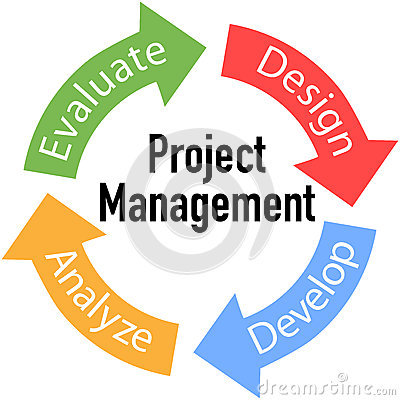
INTRODUCTION
This training follows a systematic process of introduction to Project Cycle Management and Logical Framework Approach. By the end of the training, the participants should be able to understand project cycle management, how to use the tools, and have basic skills in using the Logical Framework Approach in the management of projects and programmes.
DURATION
5 Days
WHO IS THE TRAINING INTENDED FOR?
The training is meant for project managers, government officials, CBO operatives, NGO employees, UN Staff and anyone involved in project management activities
TRAINING OBJECTIVES
The training will be focused on:
- Reviewing the definition of a Project
- Understanding why Project Cycle Management (PCM) is important
- Understanding the Purpose and Process of the Appraisal (or Formulation) and Financing Phases of PCM
- Understanding and being able to apply the 7 Steps of Logical Framework Analysis (LFA)
- Understanding the purpose and process of the Implementation Phase of PCM
- Understanding and being able to implement the structures and formats required for implementation of projects
- Understanding the importance of project monitoring and being able to apply the LFA monitoring system
- Understanding the purpose and process of the Evaluation Phase of PCM
- Understanding the purpose and processes of the Mid-Term Review and the End-of-Term Review
- Understanding the criteria used in evaluations
TRAINING CONTENT
Module 1
Introduction to PCM-LFA
What is a Project?
What is a Project?
Project Cycle Management
The EU Project Cycle
PCM and LFA
Background to the Approach
The LogFrame Approach
The Programming Phase
The Identification Phase
Module 2
Project Appraisal Phase
The Appraisal & Financing Phases
LogFrame and the Appraisal Stage
The Steps of Logframe
Why Analyse Stakeholders?
Purpose of the Step
Step 1: Analysing Stakeholders
Making Project Decisions
Stakeholder Terms
Step 2: The Problem Analysis
Step 3: The Objectives Analysis
Module 3
Step 4: The Strategy Analysis
Step 5: The Project Plan
The PPM Objectives
Activities and Means
Defining Assumptions
Project Indicators and Means of Verification
Step 6: Activity Scheduling
Step 7: Project Budgeting (“Resourcing”)
Module 4
Implementation Phase
The Implementation Phase
Monitoring Projects
Reporting on Progress
Module 5
Evaluation Phase
The Evaluation Phase
Types of Evaluation
Criteria for Evaluation
Evaluation Criteria & Logframe
To register for the training click on this link